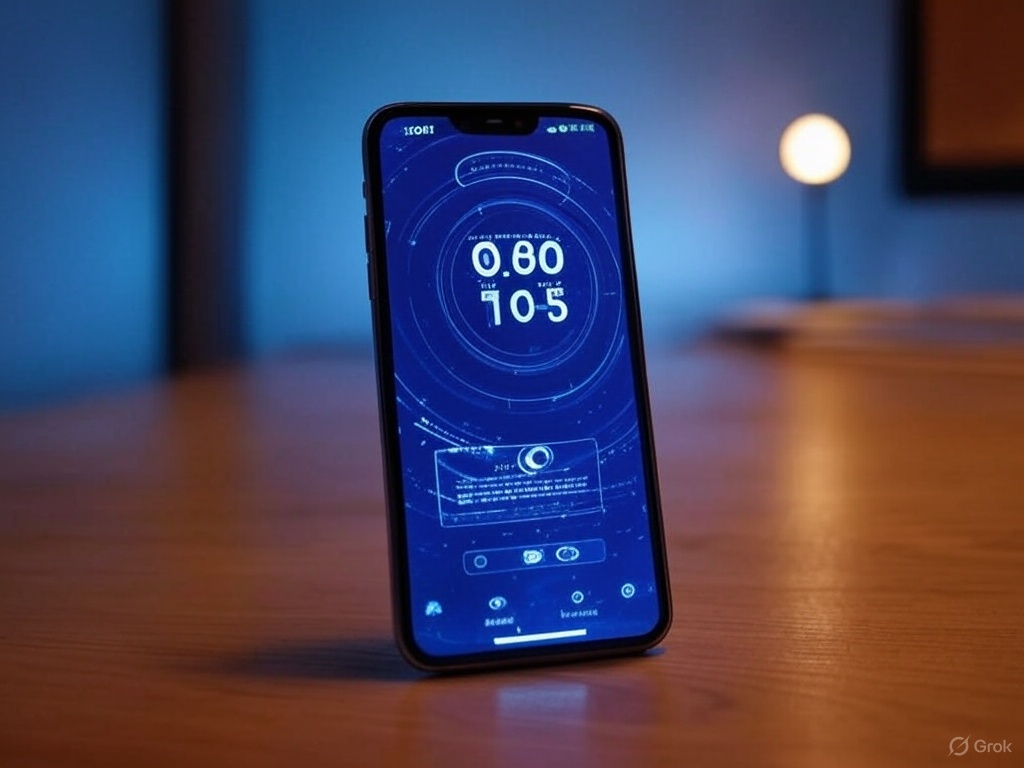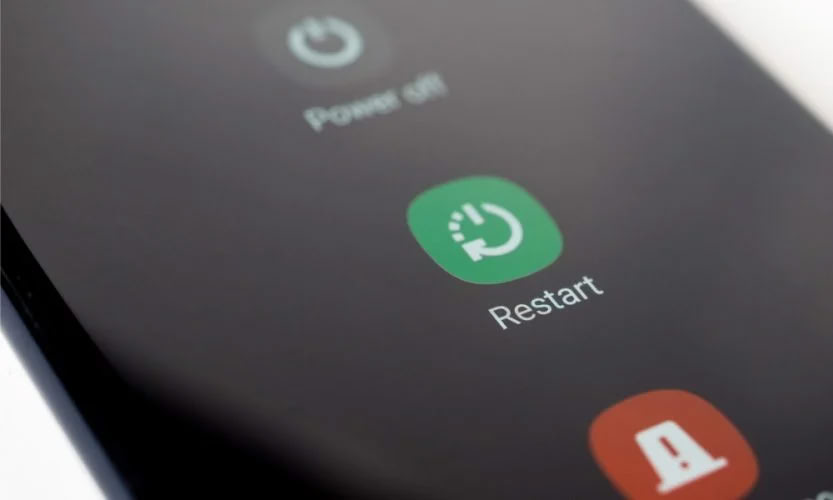In a significant step toward enhancing device security, Android is introducing a new feature that automatically reboots smartphones left locked and idle for three days.
 This update, set to roll out with Google Play Services version 25.14, aims to protect user data by making it harder for unauthorized individuals to access sensitive information.
This update, set to roll out with Google Play Services version 25.14, aims to protect user data by making it harder for unauthorized individuals to access sensitive information.
The automatic reboot feature addresses a key security concern: once a device is initially unlocked, subsequent access to data becomes easier for potential intruders.
By restarting the device after 72 hours of inactivity, Android ensures that the phone returns to a secure state where data remains encrypted, and biometric authentication — such as fingerprint or face recognition—is disabled until the user enters their password.
 This adds an extra layer of protection, requiring manual authentication to regain full access.
This adds an extra layer of protection, requiring manual authentication to regain full access.
The feature will be exclusive to Android smartphones and will not apply to other device types, such as cars or TVs running Android-based systems.
While this update marks a proactive move by Google to bolster security, it’s worth noting that Apple has already implemented a similar measure in iOS 18.1, where iPhones automatically reboot after four days of inactivity.
 This development reflects a growing industry focus on safeguarding user privacy and data in an era where mobile devices store increasingly sensitive information. As cyber threats evolve, features like these demonstrate how Android and iOS are adapting to keep user security first.
This development reflects a growing industry focus on safeguarding user privacy and data in an era where mobile devices store increasingly sensitive information. As cyber threats evolve, features like these demonstrate how Android and iOS are adapting to keep user security first.
The rollout of this feature via Google Play Services ensures broad compatibility across Android devices, providing users with peace of mind without requiring immediate operating system upgrades.
As the update becomes available, Android users can expect their devices to be better protected against unauthorized access during prolonged periods of inactivity.






